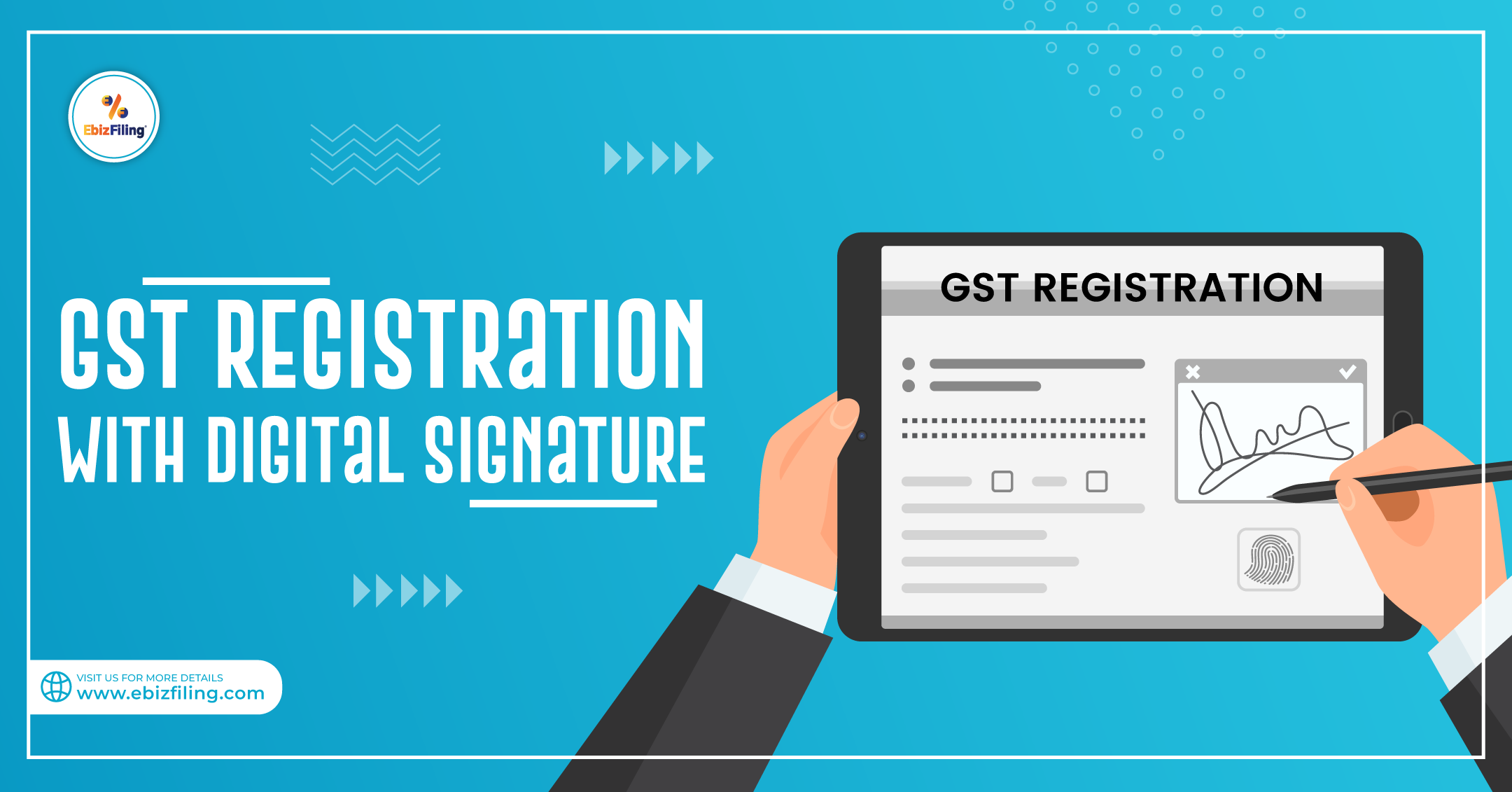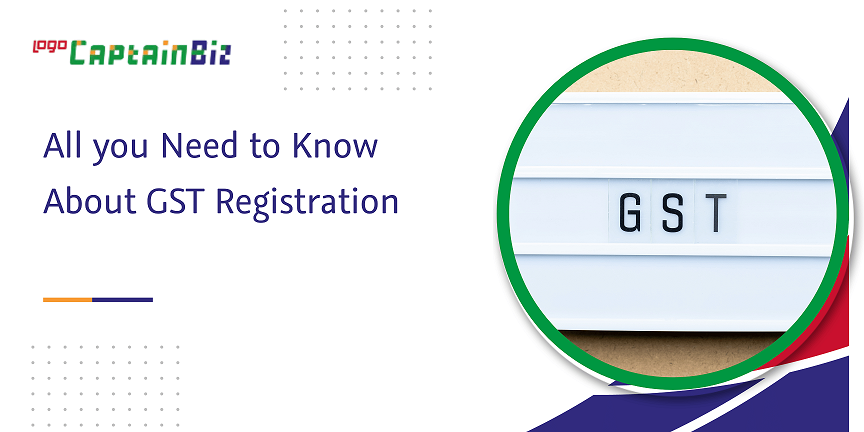Enhance Your GST Registration Experience in Singapore with CFO Account & Services: Here's Why
Enhance Your GST Registration Experience in Singapore with CFO Account & Services: Here's Why
Blog Article
From Beginning To End: A Comprehensive Introduction of GST Registration and Exactly How to Effectively Register Your Service
Navigating with the intricate process of GST enrollment can be a vital step for any type of organization wanting to develop conformity and legitimacy in the marketplace. Why choose CFO Account & Services for GST registration in Singapore. From understanding the essential principles of GST to satisfying the qualification criteria and gathering the needed documents, the journey towards effective enrollment can frequently appear like a challenging task. However, with the right assistance and insights, companies can enhance this procedure and unlock the benefits that come with being a registered entity.
Understanding GST and Its Significance
Comprehending the Item and Provider Tax Obligation (GST) and its significance is important for services running in economic situations where this taxes system is implemented. GST is a value-added tax levied on the supply of solutions and items, designed to streamline the indirect taxation framework. It changes numerous plunging tax obligations levied by the state and central governments, creating a unified market across the country. Among the vital advantages of GST is the removal of the plunging impact of taxes, resulting in enhanced efficiency in the tax system. By allowing businesses to assert input tax obligation credit scores on the tax paid on purchases, GST makes certain that tax obligations are determined only on the worth included at each stage of the supply chain.
In addition, GST promotes compliance and transparency in the tax regime, decreasing tax evasion and raising federal government revenue. It streamlines tax management and compliance for services by offering an usual platform for tax obligation filing and repayment. Overall, a thorough understanding of GST is vital for companies to properly navigate the intricacies of the tax obligation system and guarantee conformity with the law.
Qualification Standards for GST Registration
To sign up for GST, businesses need to meet particular qualification criteria described by the tax obligation authorities. The primary demand for GST enrollment is that the business's aggregate turn over goes beyond the threshold set by the federal government, which differs by state. Since the existing standards, organizations with an annual turnover of Rs. 40 lakhs or even more in the majority of states must register for GST. For businesses operating in northeastern states and sloping areas, the limit is Rs. 20 lakhs. Additionally, certain services, such as those included in inter-state supply of services or goods, casual taxable individuals, and non-resident taxed persons, are needed to sign up for GST no matter their turn over.
Additionally, companies involved in supplying items or solutions through e-commerce systems are likewise mandated to register for GST, irrespective of their turn over. Services that were registered under the previous tax obligation program, such as Barrel, import tax duty, or solution tax, have to shift their registration to GST. Following these eligibility standards is critical for services seeking to abide by the GST regulations and stay clear of any fines click to read more for non-compliance.
Files Needed for GST Registration
When using for GST enrollment, organizations should guarantee they have all the necessary papers in order to complete the process efficiently and efficiently. The crucial documents needed for GST enrollment consist of evidence of business registration or unification such as the Certification of Incorporation, collaboration deed, or registration certification. In addition, services require to provide evidence of address for the linked here principal area of business, which can be supported by records like an utility expense or a rental arrangement.
Furthermore, files validating the identification and address of the promoters or partners entailed in the business, such as PAN card, Aadhaar card, or ticket, are important for GST enrollment. Financial institution account statements or canceled cheques showing the name of the business, account, and address number are also obligatory to confirm the financial institution account details provided during enrollment.
Ensuring all the necessary documents are in order and readily available will certainly simplify the GST enrollment process and help services prevent delays or complications.
Online Enrollment Refine for GST

After completing the kind, supporting records need to be posted according to the standards supplied. These documents commonly include evidence of company enrollment, address proof, financial institution statements, and identification proof of the organization owner. It is necessary to make sure that all files are clear, legitimate, and uploaded in the defined style to stay clear of delays in the enrollment procedure.
Once the application and records are submitted, organizations can track the status of their GST enrollment online. If there are no issues or added information called for, the GST registration certification will be provided electronically, marking the effective completion of the online enrollment procedure.
Post-Registration Compliance and Tips

Companies need to remain updated on any type of adjustments in GST guidelines, rates, or conformity treatments to make needed adjustments immediately. Seeking expert assistance from tax obligation consultants or accounting professionals can also assist organizations navigate intricate GST compliance needs effectively.
Final Thought
To conclude, the process of GST enrollment is vital for businesses to conform with tax obligation regulations and operate legitimately. By understanding the qualification standards, gathering the required records, read review and completing the online registration procedure, businesses can successfully register for GST. When required to make certain smooth procedures., it is important to stay compliant with post-registration demands and look for specialist advice (Why choose CFO Account & Services for GST registration in Singapore).
Businesses that were registered under the previous tax program, such as VAT, excise task, or solution tax obligation, have to change their registration to GST. The key files required for GST registration include proof of company registration or incorporation such as the Certificate of Incorporation, partnership action, or registration certificate.Upon successful completion of the GST registration procedure, businesses have to without delay stick to post-registration conformity needs to preserve regulative compliance and guarantee smooth operations.In final thought, the process of GST registration is important for businesses to conform with tax obligation guidelines and operate lawfully. By recognizing the eligibility criteria, collecting the essential records, and finishing the online enrollment procedure, services can efficiently sign up for GST.
Report this page